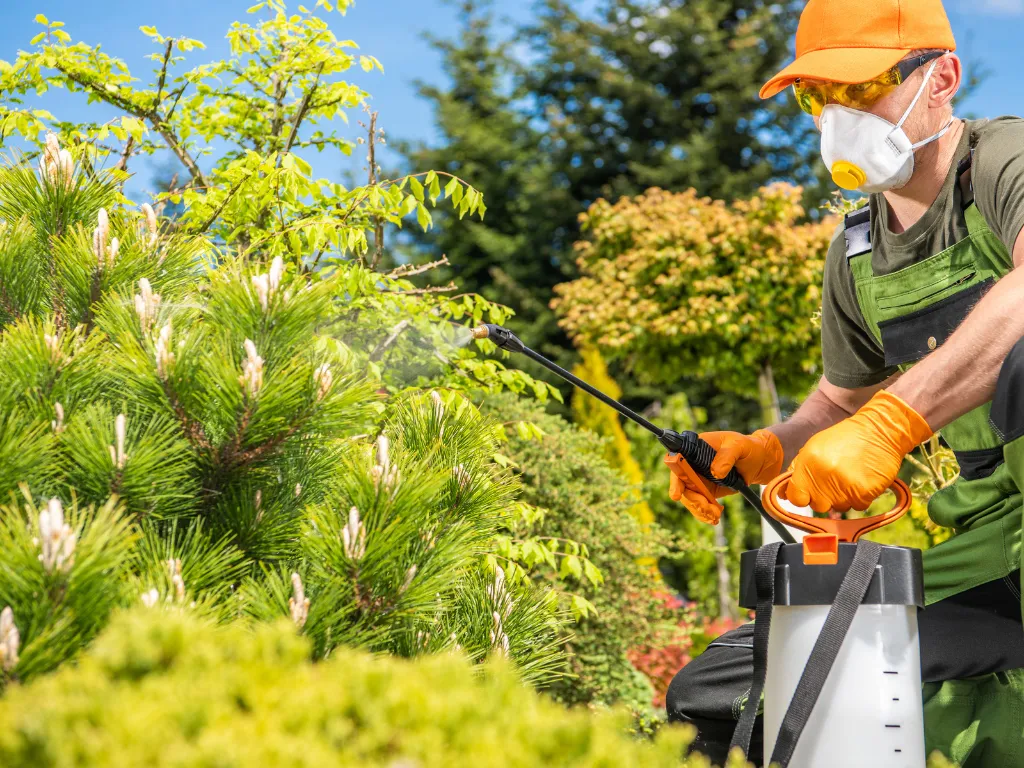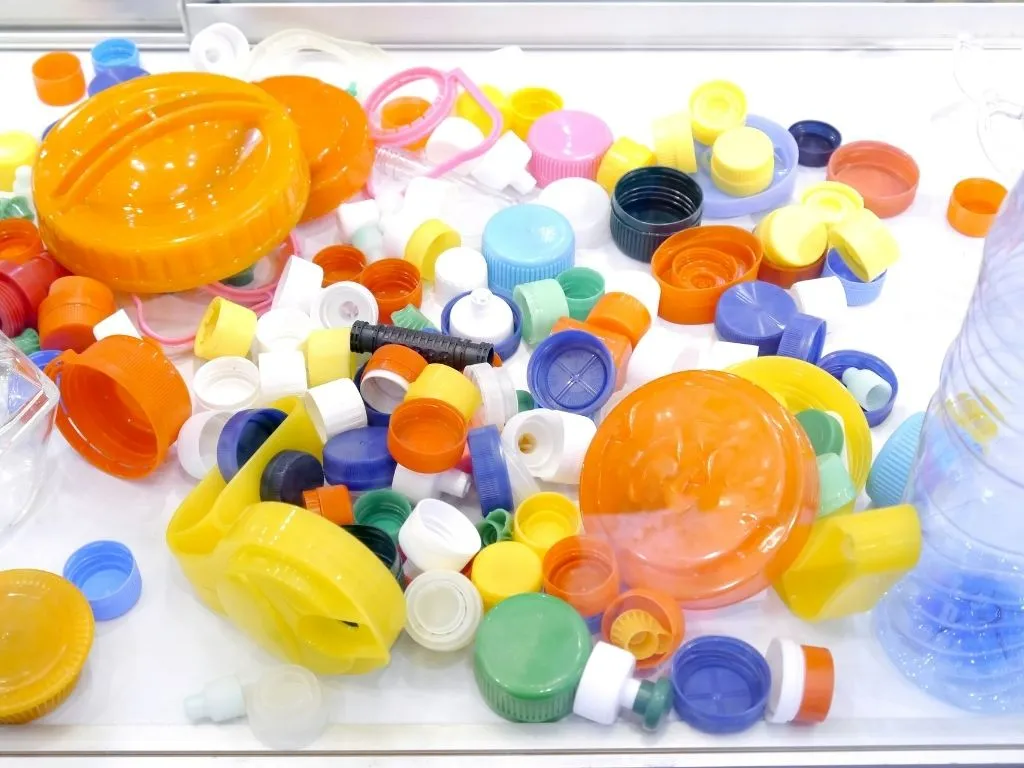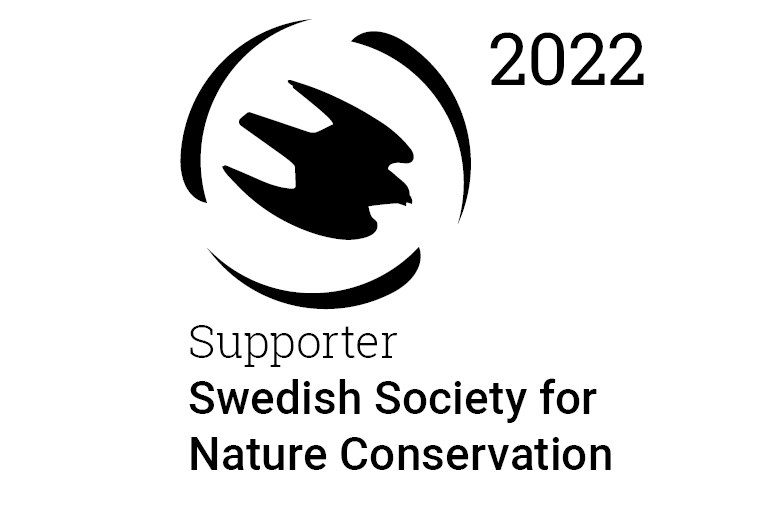- Home
- GPC Africa
Login
Forget Password
News

Ratification of pesticides in Kenya
Sep-26-2022
The latest update of the Pest Control Products Bill, 2022 was published in Kenya in April 2022. It represents an urgent update to the existing Kenyan pesticide regulation.
After various analyses, it has been found that Kenya was exporting food and other kinds of products containing pesticide residues above the maximum allowable levels. The study was conducted by renowned organization Kenya Organic Agriculture Network. During their study, they found an excess level of acephate in some samples of tomatoes that were collected from Kirinyaga County. Acephate is an endocrine disruptor that possibly has some carcinogenic and neurotoxicant effects.
If the proposal is amended, Kenya will have to promote Good Agricultural Practices (GAPs), as per the Food and Agriculture Organization (FAO). The main aim of GAPs is to improve the quality, safety, and sustainability of food and agricultural products and at the same time maintain environmental, economic, and social sustainability.
The function of the pesticidal regulation is to set a limit for the residue allowed in foods or animal feeds i.e., Maximum Residual Limit (MRL) as per international standards. The government of Kenya has put a limitation on the active ingredient only, which has heavy curtailment on other jurisdictions and halts adaptation of GAPs.
In short, the pesticide legislation in Kenya does not provide the legal basis for urgent and comprehensive action against the negative effects of these harmful chemicals’ environment. Therefore, the Kenyan authorities must fast-track the passage of the proposed Pest Control Product Bill, 2022 and implement GAP as soon as possible.

Hazardous chemicals found in plastic products in Africa and Arab
Jun-02-2022
Two Non-Governmental Organizations conducted tests on toys and other consumer products found on sale in African and Arab countries. A report published on May 24, 2022, shows that the tests discovered about 20% of the sampled products contain high levels of toxic flame retardant chemicals and brominated dioxins, including substances that are banned under international agreements.
The concerned products that tested positive for the highest concentrations of brominated flame retardants (BFRs), brominated dioxins, and other toxic chemicals include:
- Toys; a toy car and two other toys purchased in Jordan and a toy purchased in Ethiopia
- A kitchen knife, purchased in Tunisia
- Office supply: a cup for pencils purchased in Tanzania
- Hair accessories; two purchased in Morocco and three purchased in Kenya
According to the Association de l'EducationEnvironnementale pour les Futures Générations (AEEFG), studies have shown that these chemicals cause cancer, infertility, and harm to children’s brain development among other serious health problems. Knowing that plastics can destroy the circular economy, there is a need for stricter POPs limits in the world. Some other tests were also done, all of which confirmed the existence of toxic substances in the products. All the tested products are made from recycled plastics and are present in 11 countries across the two regions. The 11 countries include Burkina Faso, Cameroon, Egypt, Ethiopia, Gabon, Jordan, Kenya, Morocco, Syria, Tanzania, and Tunisia.
There is currently no limit for BFRs content in products and waste in African and Arab countries. There is however an urgent need to set a regulating limit in place.
IPEN and Arnika together with eleven other organizations produced this study and their recommendations include:
- To apply stricter low POPs Content Levels (LPCLs) to waste; this will prevent the flow of e-waste and End-of-Life Vehicles (ELVs) plastic into the new products that are made from recycled plastics.
- To ban e-waste and ELVs plastics that contain a high level of toxic flame retardants from the recycling chain.
- To stop listing BFRs as individual substances and make them a class under the Stockholm Convention. Listing them individually will keep putting human health at risk.
- To add brominated dioxins to the list of unintentionally produced POPs that are regulated by the Stockholm Convention.
Login
Forget Password
Global Product Compliance (GPC) specializes in Global Regulatory Compliance Solutions across sectors
globally. SSS Europe, a familiar name in chemical regulatory and compliance services now formally belongs
under the umbrella of GPC Holding Sweden.
Since 2008, we have emerged as one of the leading names among Global Regulatory Compliance Service
Providers with Representation services in Europe, Asia and Middle East for respective chemical
regulations.


